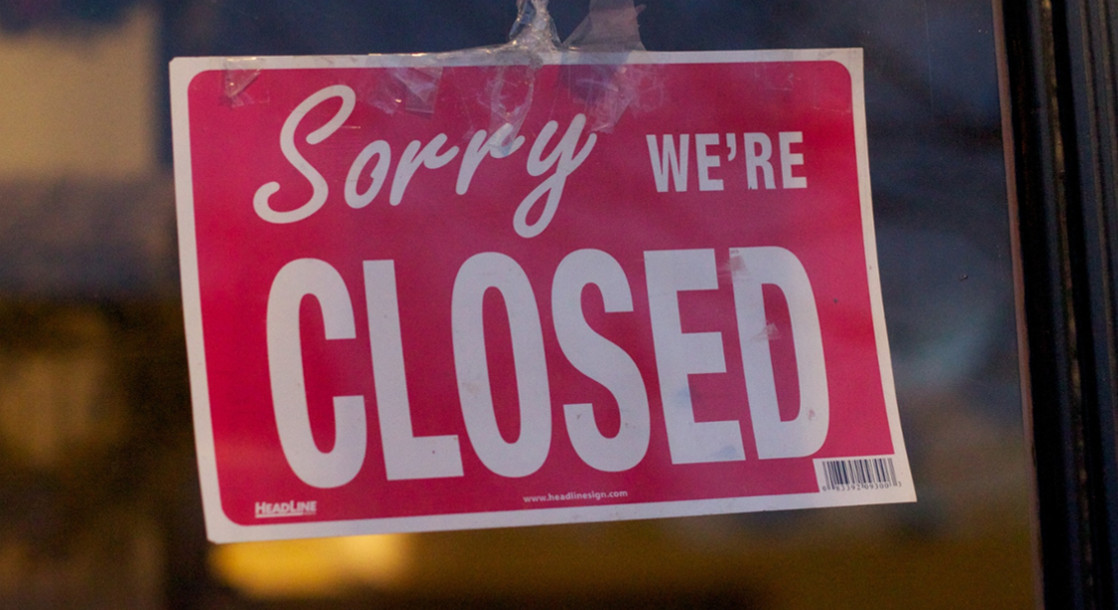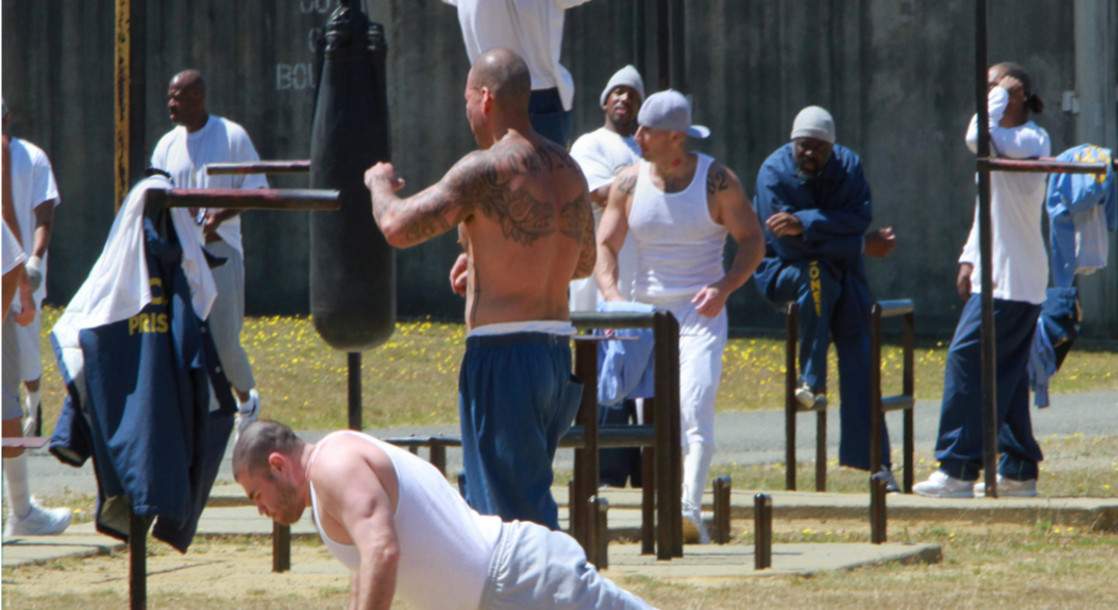Photo via
Two years ago this week, Ohio Gov. John Kasich signed a medical marijuana bill into law, allowing Buckeye State residents to use cannabis oils, edibles, patches, or vapable flower to treat a wide variety of conditions. The original law mandated that the state's Medical Marijuana Control Program be fully operational by September 8th of this year, but numerous delays in the state's licensing process have prevented cultivators from planting their seeds early enough to meet the deadline and bring crops to market.
By last June, the state Department of Commerce had received nearly 200 applications for cannabis cultivators, and it took officials five months to complete the review process and award winning licenses. Several of the applicants who were denied immediately filed lawsuits, arguing that the state's licensing process was deeply flawed. The suits alleged that one individual who was hired to score the applications had formerly been jailed for a pot-related crime, while another had ties to a business that was approved.
This February, Ohio Auditor Dave Yost discovered another flaw in the state's licensing process — a computer vulnerability that could have given hackers easy access to the licensing review system, allowing a lower-scoring business to potentially cheat their way onto the top of the list. The Commerce Department also identified “data input errors” that caused one business that would have normally scored high on the list to be denied a license.
Despite these concerns, the state decided to power through and uphold the licenses that it had originally granted — although over 50 denied applicants are still appealing those decisions. Officials eventually licensed 26 cannabis cultivators, but by June of this year, not a single one of these businesses had received final approval to start planting seeds. Issues with local permits, contracting delays, and bad weather caused further delays in the construction of cultivation facilities, and only 4 businesses have been able to pass their final inspection so far.
On July 31st, these first four businesses were finally able to begin planting seeds. Cannabis plants take between 16 to 22 weeks to reach maturity, however, meaning that they cannot be harvested until November at the very earliest. Edibles, oils, and tinctures are expected to make up the majority of medical cannabis products available in the state, and these methods of consumption require an additional stage of processing to be conducted by a separate business. State law allows 40 cannabis processors, but only 10 processing licenses have been approved so far — too few to supply the state's expected demand for medical products.
Even if these cultivators and manufacturers were somehow able to speed up the process of making medical marijuana available, there is still nowhere that these products can be legally sold. Applications for dispensaries were due last November, but the Ohio Board of Pharmacy extended the deadline because businesses were struggling to complete the online process in time. The board missed its May deadline of announcing the winners, but approved 56 of the 376 applications by June. Not a single one of those 56 winners is yet ready to open its doors, however.
The state is continuing to inspect businesses throughout the next two months, and expects to grant final approvals to additional cultivators and processors. Although they failed to get medical marijuana into the hands of patients by the two-year deadline, state officials have said that they did their due diligence in awarding licenses, and that the final deadline is now in the hands of individual businesses. Buckeye Relief, one of the four cultivators that planted their seeds this summer, said that they expect to harvest their first crop of plants in December.
Rob Ryan, medical cannabis advocate with the Ohio Patient Network, said that it is no surprise that the state was unable to meet its deadline. "It started off on the wrong foot as evidence(d) by the (state) next door, Pennsylvania…(which) came out about the same time and has been operational since this winter," he told local NBC affiliate WLWT5. "The train has already left. It's on its way towards fruition. There's nothing really that I or any patient can do to make it go faster.”











